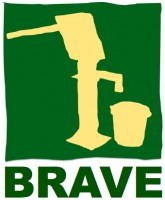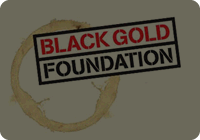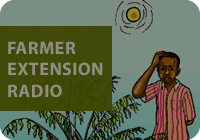The LYF is working with Reading University to help communities identify sustainable groundwater resources in Ghana and Burkina Faso.
Over 500 million people in sub-Saharan Africa (SSA) depend upon groundwater supplies. Within a generation, that will rise still further, close on to a billion.
Groundwater that lies under rock, gravel, sand or silt can be extracted using wells and can help farming communities who are generally dependent on rain for crops and livelihoods, to access water when there is no rain. Groundwater resources are considered more resilient to climate variability and currently the volumes of this water being used are generally small compared with the average amount of rain in some parts of Africa.
 So groundwater can provide an important water resource to help adapt to changing climate and land use. However, in areas of Sub-Saharan Africa where rocks store a relatively small amount of water, during extended periods of low rainfall, groundwater supplies can fail. For this reason – together with an absence of historical record-keeping of borehole levels – it is unclear whether the planned development of groundwater resources to meet increases in demand is feasible in every part of sub-Saharan Africa.
So groundwater can provide an important water resource to help adapt to changing climate and land use. However, in areas of Sub-Saharan Africa where rocks store a relatively small amount of water, during extended periods of low rainfall, groundwater supplies can fail. For this reason – together with an absence of historical record-keeping of borehole levels – it is unclear whether the planned development of groundwater resources to meet increases in demand is feasible in every part of sub-Saharan Africa.
This month sees the launch of the BRAVE2 project with Reading University, (Building Understanding of Climate Variability into the Planning of Groundwater Supplies from Low Storage Aquifers) The aim of the initiative is to improve our knowledge of groundwater availability and management in Ghana and Burkina Faso. 
LYF has been tasked to work on the BRAVE project; engaging directly with rural smallholders in Bukina Faso as our local partners disseminate information that enables communities to use water in a sustainable way for future generations. The overarching aim of the project is to build the capacity of local people to manage groundwater (GW) resources in a sustainable and equitable manner, to build their livelihoods and to help 400,000 to become more resilient to drought, especially Ghanaian women and children.
LYF’s role in the dissemination campaign is to utilize our Farmer Radio approach – linking into Farm Radio International through AfClix, the Lorna Young Foundation, and Practical Action West Africa. The campaigns will aim to share the new evidence-based tools for water governance with local decision makers and regional policy makers.




